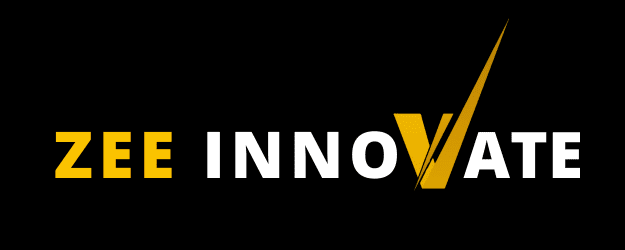If you’re serious about automation, privacy, and scalability, going self-hosted with n8n is a game-changer. In 2025, more businesses are ditching SaaS limitations and choosing to host their automation infrastructure themselves—on their own terms.
Whether you want to reduce costs, increase security, or avoid platform limitations, this guide will help you confidently launch your own self-hosted n8n setup.
Why Self‑Hosting n8n Makes Sense in 2025
- Privacy: Keep all your data on your servers. No third-party access.
- Unlimited Workflows: Say goodbye to pricing tiers and API limits.
- Custom Integrations: Full flexibility to connect internal tools.
- Enterprise Control: Tailor every part of your automation system.
Core Components You’ll Need
- Cloud Server (e.g., DigitalOcean, Linode, AWS, Hetzner)
- Docker + Docker Compose
- Database (PostgreSQL recommended)
- Domain and SSL Certificate
- Basic Linux command-line knowledge
Step-by-Step: Deploy n8n on Your Server
Step 1: Set Up Your VPS
Choose a VPS provider and spin up an Ubuntu 22.04 instance. 1GB RAM is minimum, but go with 2–4GB for reliability.
Step 2: Install Docker and Docker Compose
Use SSH to log into your server and install Docker with:
sudo apt update && sudo apt install docker.io docker-compose -y
Step 3: Create Docker Compose File
version: '3.1'
services:
n8n:
image: n8nio/n8n
restart: always
ports:
- 5678:5678
environment:
- DB_TYPE=postgresdb
- DB_POSTGRESDB_HOST=postgres
- DB_POSTGRESDB_PORT=5432
- DB_POSTGRESDB_DATABASE=n8n
- DB_POSTGRESDB_USER=n8n
- DB_POSTGRESDB_PASSWORD=password
volumes:
- ~/.n8n:/home/node/.n8n
Step 4: Configure HTTPS and Domain
Use Nginx Proxy Manager or Certbot to configure SSL certificates.
Step 5: Set Up Persistent Storage and Backup
Map volumes correctly and schedule regular backups of your n8n data.
Security Best Practices
- Always use HTTPS to protect data in transit.
- Set up basic authentication or a reverse proxy for added protection.
- Regularly update Docker images to patch vulnerabilities.
- Restrict access by IP or VPN for admin usage.
Cost Breakdown of Self-Hosting n8n
| Item | Monthly Cost (USD) |
|---|---|
| VPS Server (2GB RAM) | $5 – $10 |
| Domain + SSL (optional) | $1 – $2 |
| Backup Storage | $1 – $3 |
| Total | ~$10 – $15/month |
Compared to most automation SaaS platforms, that’s an 80–90% saving in the long run.
Who Should Consider Self-Hosting?
- Agencies managing client data
- Developers needing unrestricted API access
- Solopreneurs scaling without SaaS limits
- Teams building internal automation tools
Need Help Setting Up or Managing Self-Hosted n8n?
Our team at ZeeInnovate has helped dozens of businesses transition to secure, cost-efficient self-hosted n8n setups.
If you want expert guidance or a fully managed deployment:
Visit our contact page here: https://zeeinnovate.com/contact/
We’ll help you design, deploy, and scale your automation stack—your way.
Final Thoughts
Self-hosting n8n in 2025 isn’t just about saving money—it’s about control, flexibility, and future-proofing your operations. With the right setup, you can build powerful, secure, and fully custom automation systems tailored to your business.
Make the switch. Take ownership of your workflows.

